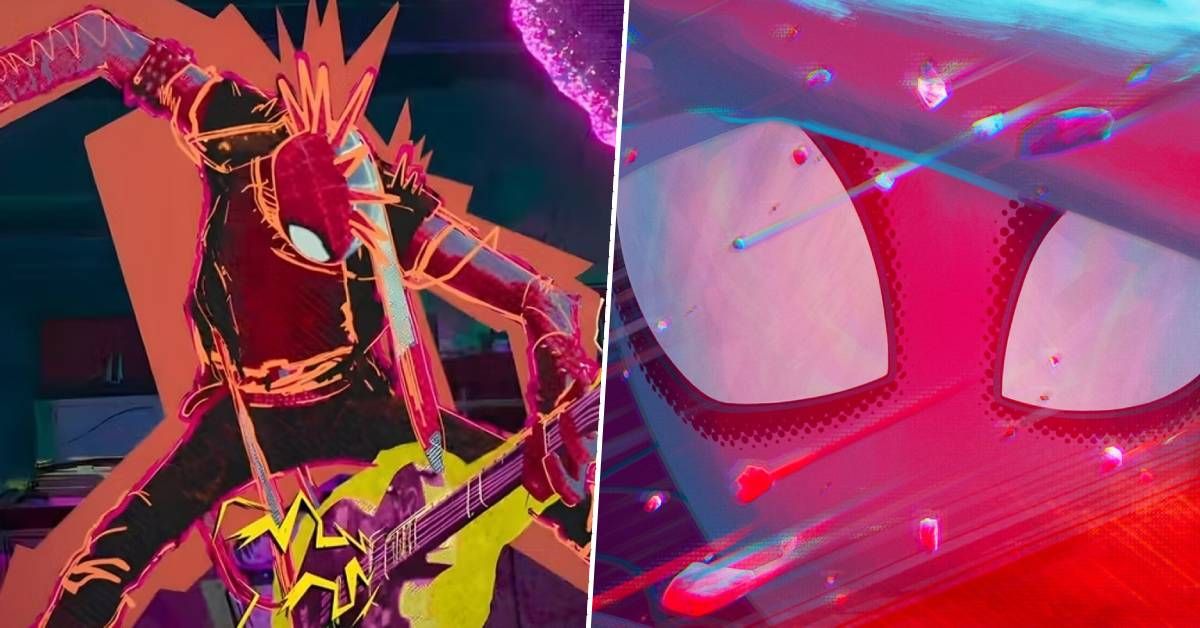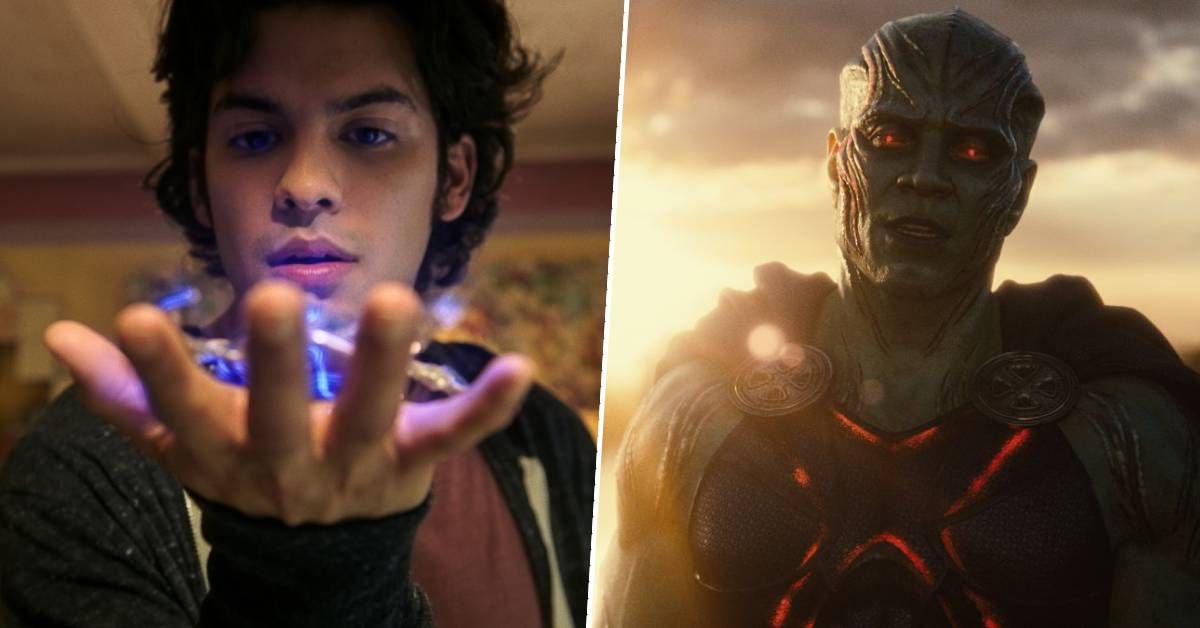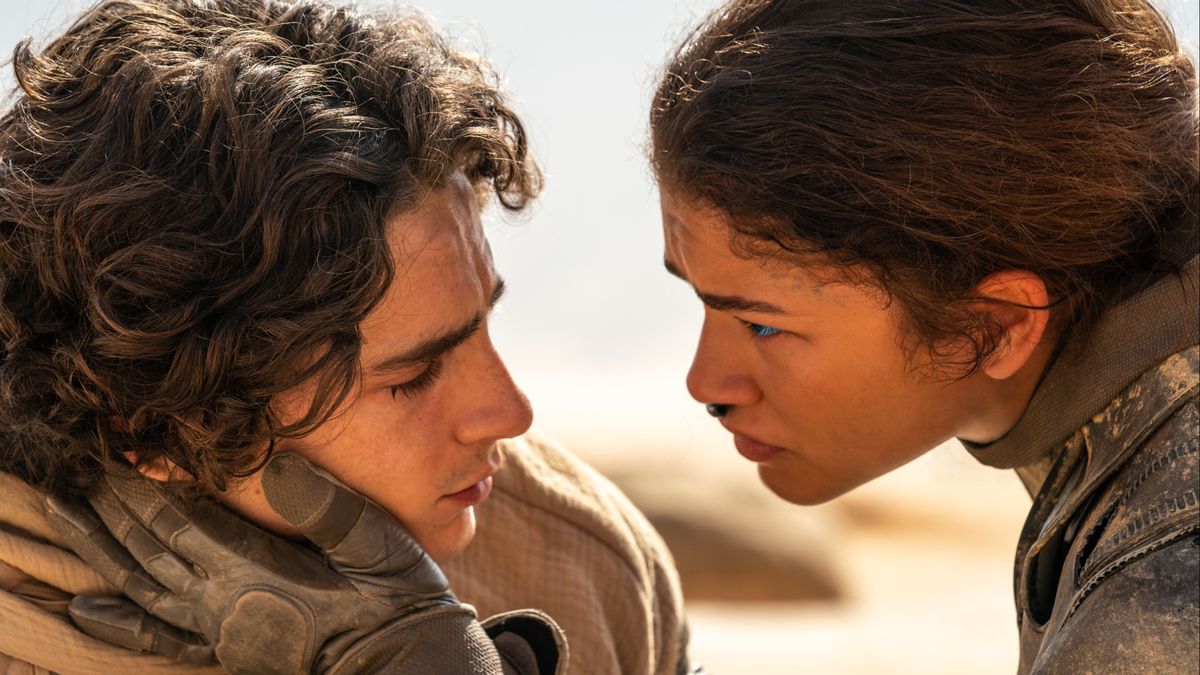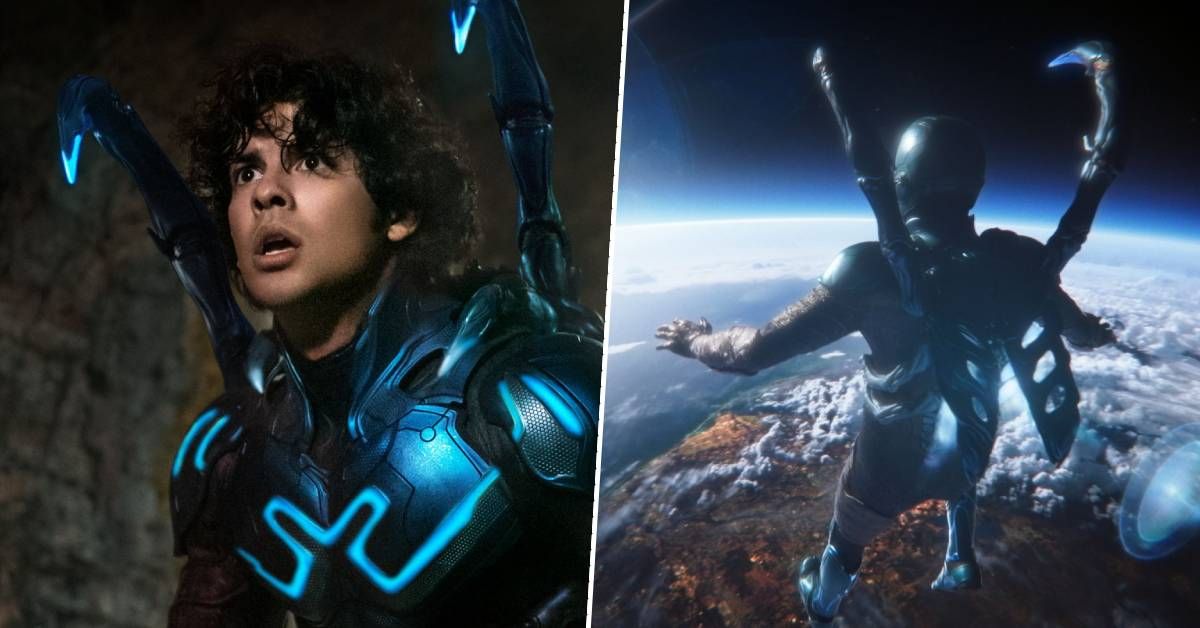The 75th Cannes Film Festival is drawing to a close, and the general consensus is that it’s been a successful event where most of the movies have been of a pretty solid standard. In other words it’s been a teensy bit dull, with even Cronenberg’s Crimes Of The Future – much hyped pre-festival for its purportedly sky-high gore quotient – turning out to be a rather mild return to the director’s body horror roots.
But there’s still been lots to talk about, so as your worker-bee correspondents get ready to fly home, here’s a rundown of some of the films we’ve seen that we haven’t been able to review in full.

Belgian siblings Jean-Pierre and Luc Dardenne have a Palme d’Or each, thanks to Rosetta and The Child taking top prize at Cannes in 1999 and 2005 respectively. Their new film, Tori And Lokita, shows them to be as sympathetic as ever to the problems of the underclass but lacks the subtlety of their best work. Telling the story of two refugees from Benin who fall in with drug dealers while waiting for their papers, it hammers home its message with a bluntness even Ken Loach would find excessive. Peculiar diversions into thriller territory, meanwhile, chip away at the verisimilitude fresh-faced debutants Pablo Schils and Joely Mbundu bring to the endearing title characters.
Another set of siblings took to the screen in The Silent Twins, which played in Cannes as part of its Un Certain Regard section. Based on the incredible true story of two black British sisters whose refusal to communicate with anybody apart from each other led to them spending over a decade in Broadmoor, it’s a moving study of appalling injustice given a magical realist flavour by Poland’s Agnieszka Smoczyńska. Letitia Wright and Tamara Lawrence are both splendid in an affecting film that leaves you wanting to learn more about its real-life inspirations. (Without My Shadow, a 1994 BBC documentary about the case that is viewable on YouTube, is a good place to start.)

Brother And Sister, on the other hand, is yet another misfire for perpetual Cannes stormtrooper Arnaud Desplechin. Marion Cotillard and Melvil Poupard star in this hysterically overwrought melodrama about famous siblings who loathe each other for no discernible reason (she’s an actress, he’s a novelist who appears to have dedicated his life to writing bitter screeds about her), and are brought together when their parents are involved in the most absurd road traffic accident outside the Fast & Furious franchise. Tedious gibberish from all involved.
Melvil Poupard also popped up in One Fine Morning, playing a married “cosmo-chemist” (no, we don’t know what it means either) whom Léa Seydoux’s translator falls for when she is not struggling to find her ailing father (Pascal Greggory) a half-decent nursing home. Sensitive to a fault, Mia Hansen-Løve’s family drama might lack excitement but is poignant and well-played by a cast that includes Nicole Garcia as Léa’s tough-love mother. Curiously, it was one of two films we saw at Cannes in which a Parisian translator goes to see Claude Monet’s Water Lilies at the Orangerie Museum.

The other, Alice Winocour’s Paris Memories, boasts a very fine performance from Benedetta’s Virginie Efira as a woman trying to rebuild her life after she is caught up in a terrorist attack on a Parisian café similar to the ones that rocked the city in 2015. November replays those real-life events from the authorities’ perspective, chronicling the five-day manhunt that led to the people responsible being tracked down and killed. Cédric Jimenez’s race-against-time thriller channels Zero Dark Thirty, and 24, as Jean Dujardin’s unit homes in on the likeliest suspects. The pace is so relentless, though, that there’s little room for any broader context.
Efira’s other film at Cannes was the romantic comedy Don Juan, in which Tahar Rahim, having been left at the registry office by Efira’s no-show actress, starts to see her elegant features everywhere he goes. It’s a neat gimmick that gives the actress the opportunity to play multiple parts, from a raven-haired siren to a mousy brunette. (Rory Kinnear does the same in Alex Garland’s freaky horror Men, which screened as part of Director’s Fortnight.) Less successful is Rahim’s habit of declaring his emotions in song, a device that’s less The Umbrellas Of Cherbourg than a bad night in the karaoke booth.

There was some actual karaoke in Aftersun, a melancholy memory piece that gave us a second helping of Paul Mescal to go with his ambiguous performance in Irish drama God’s Creatures. Ostensibly the story of a father and daughter on a package holiday in Turkey, Charlotte Wells’s feature debut (which screened as part of Critics’ Week) was really about what Mescal’s Calum doesn’t reveal to Frankie Curio’s 11-year-old Sophie during this rare time together – a mystery that stays as elusively unexplained as the reason why his sad dad has a plaster cast around his wrist for the majority of the film.
More Than Ever is pretty sad also, though for different reasons. Directed by Emily Atef, it tells of a young woman (played by Vicky Krieps) suffering from a debilitating lung disease who decides to travel to Norway rather than get treatment. Surrounded by fjords and with the assistance of a relative stranger (Bjørn Floberg), she comes to terms with her sickness in ways that will be life-affirming to some and defeatist to others. The saddest thing of all, though, is that her boyfriend is played by Gaspard Ulliel, who died in a skiing accident not long after completing this Un Certain Regard submission.

The strangest movie we saw was Smoking Causes Coughing, a zany genre spoof from Deerskin director Quentin Dupieux about a team of Power Rangers-style superheroes ordered by their boss (a drooling rat!) to go on a bonding weekend in the woods. Telling horror stories to pass the time permits Dupieux to incorporate a series of playlets that parody various slasher tropes, the most preposterous of which features a bucket of blood with a mind and voice of its own. Amusing if throwaway, this 80-minute whimsy is a fun diversion but feels pretty lightweight beside the director’s more sustained comedic concoctions.
And then there was EO, a wonky donkey fable from Jerzy Skolimowski about a nomadic mule who, having escaped from a life of circus ill-treatment, makes an improbable journey across the breadth of Europe. Football hooligans, animal rights campaigners and a randy Isabelle Huppert are among the things he encounters in a four-legged oddity that felt like Robert Bresson’s Au Hazard, Balthazar crossed with Andrea Arnold’s Cow. Mostly, though, it felt like a load of old pony that made us wish we were watching Captain Eo instead.
Apart from Men (out in the UK on 1 June), none of the films mentioned in this article currently have a UK or US release date. Stick with Total Film for all the latest coverage from Cannes 2022 – check out our review of Funny Pages, through that link.
 Games News games, movies and TV you love.
Games News games, movies and TV you love.



